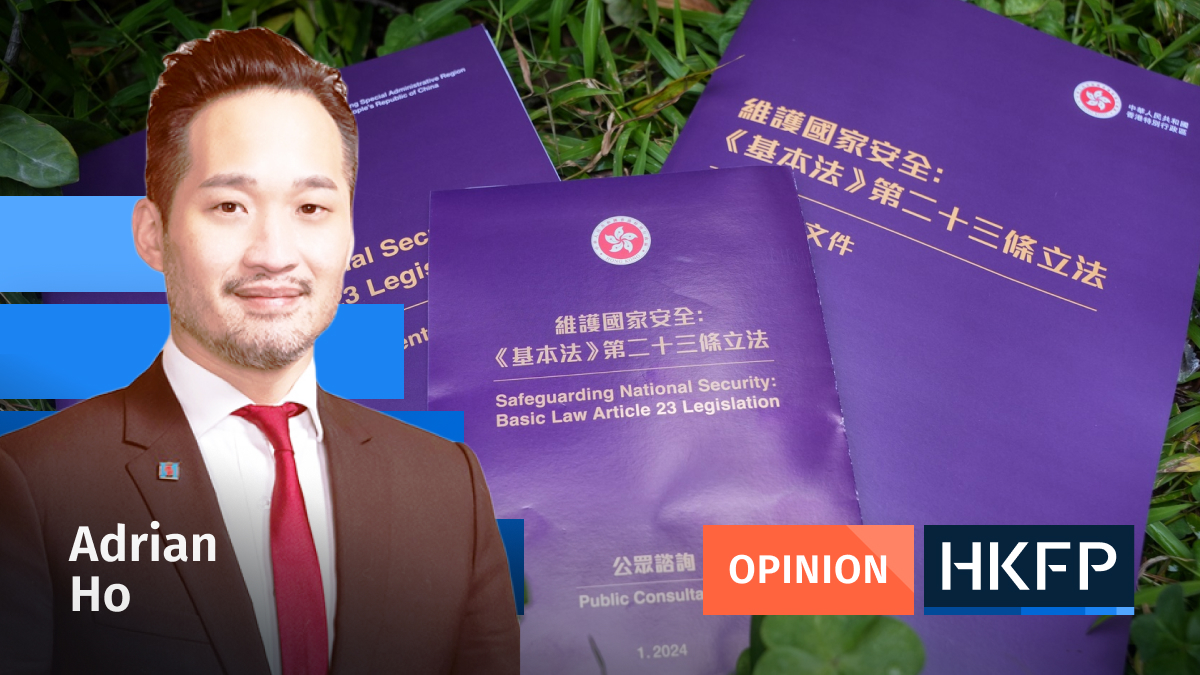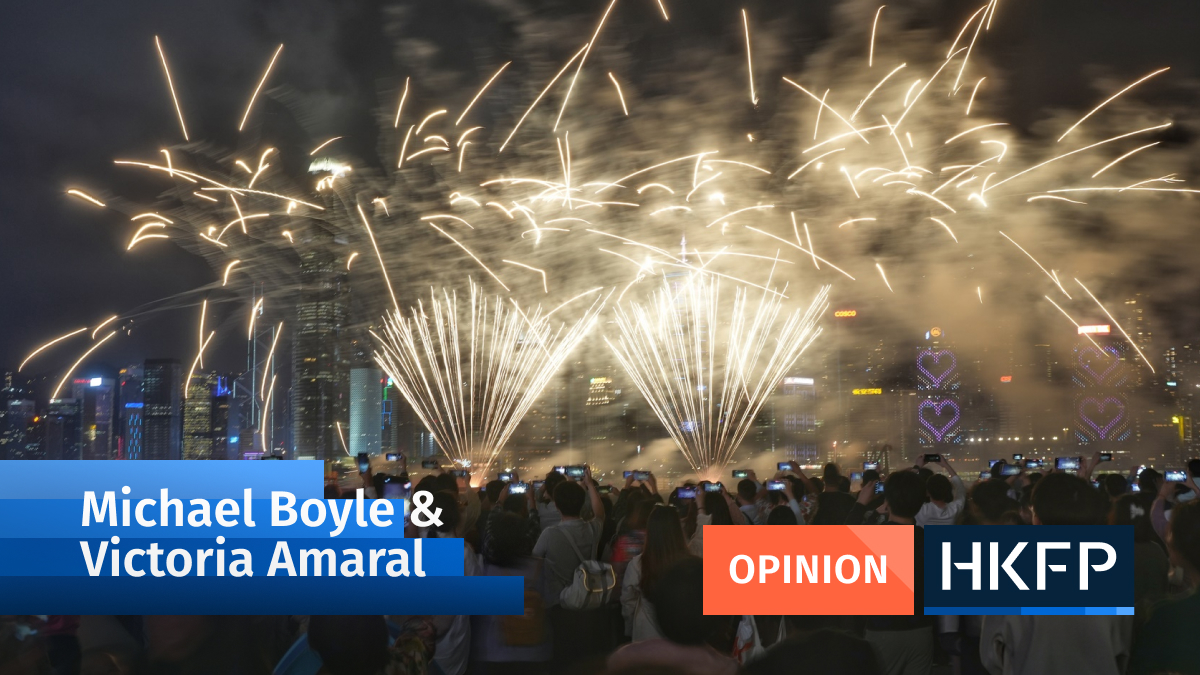Some people at the Chinese University of Hong Kong (CUHK) are still living dangerously. I infer this from an interesting piece of research, reported in a carefully phrased piece in The Standard.
This opened on what you might call a government-friendly note, announcing an “upsurge of citizens planning to live on the mainland.” This was not quite borne out by the ensuing story but of course we must not blame the reporter for that.
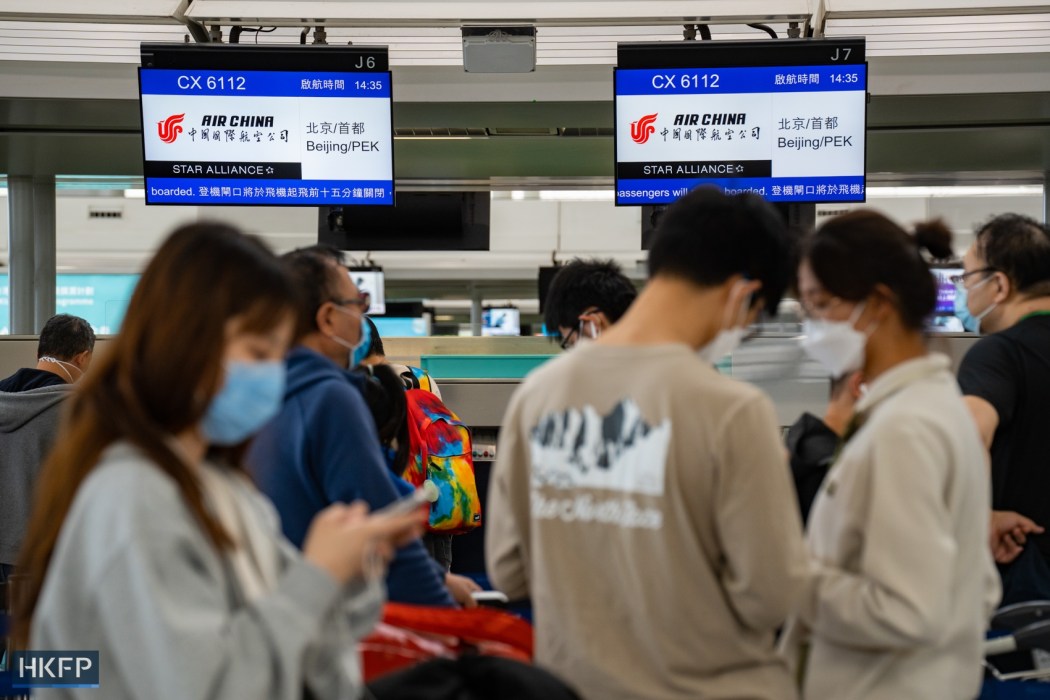
The opening paragraph put it less strongly: “One in five Hong Kong residents wish to live in the mainland.” Even that may have been pushing it a bit. Later the desire to wander had been diluted to “would like to live in the mainland,” which sounds rather hypothetical. Still, no doubt the original question was in Cantonese anyway.
So, a boost for integration with the Greater Bay Area, exploration of opportunities in the motherland, and other worthy official aspirations, then.
Indeed it is. The number of people with an urge to move north has almost doubled, according to CUHK’s Hong Kong Institute of Asia-Pacific Studies, to 20 per cent. Further paragraphs explored the reasons cited for leaving Hong Kong: living costs, poor environment, pricey housing and, for some people, the stressful pace of life in our city.
On the other hand, halfway down the story we came to another interesting titbit, the proportion of the 708 people sampled who reported a “desire” to emigrate, which was 38 per cent, more than nine percentage points up from the figure last year.
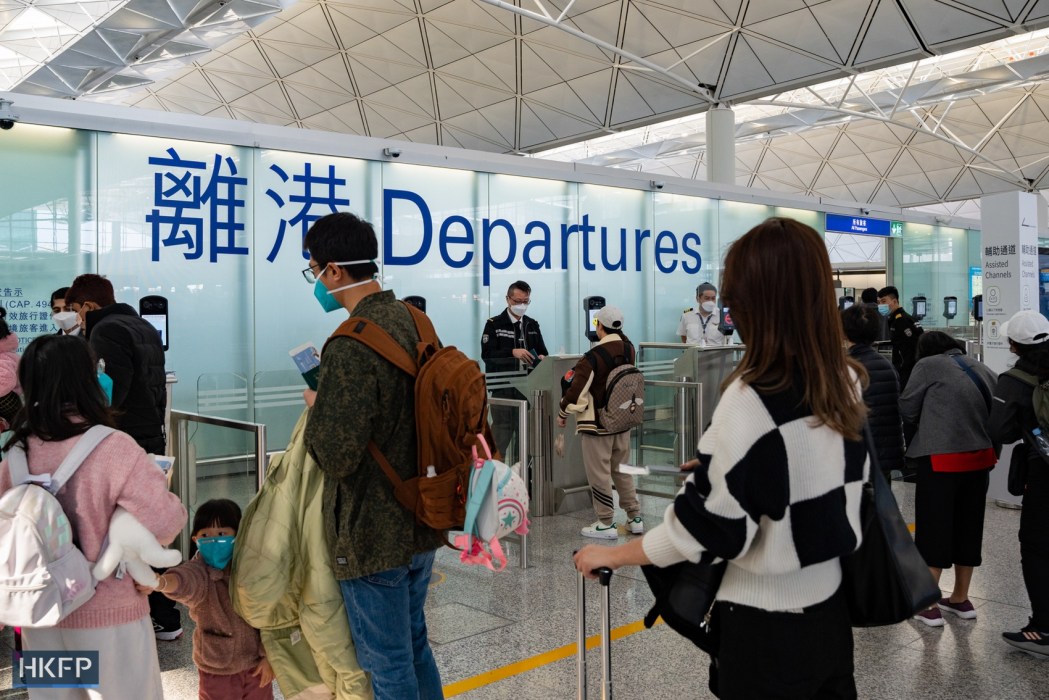
Overseas attractions cited: more space, freedom, friends or family members already there, and cheaper living costs. Top dream destinations: the UK, Australia, Canada and Taiwan.
The intriguing thing about all this is the surprising way things are moving. Of course mainland China has become a more attractive option as Covid-related travel restrictions fade into the background. The option has also been eagerly pushed as a patriotic choice, good for regional development and career opportunities, etc etc.
Emigration on the other hand has not been encouraged at all, and in many cases involves having your retirement funds withheld. Despite this, tens of thousands of people have already done it, and this bunch of ungrateful malcontents are now presumably beyond the reach of CUHK pollsters.
So it could be considered rather ominous that the number of people dreaming of a semi-detached in Sutton, or some similar distant paradise, is still growing, and now comprises more than a third of the population.
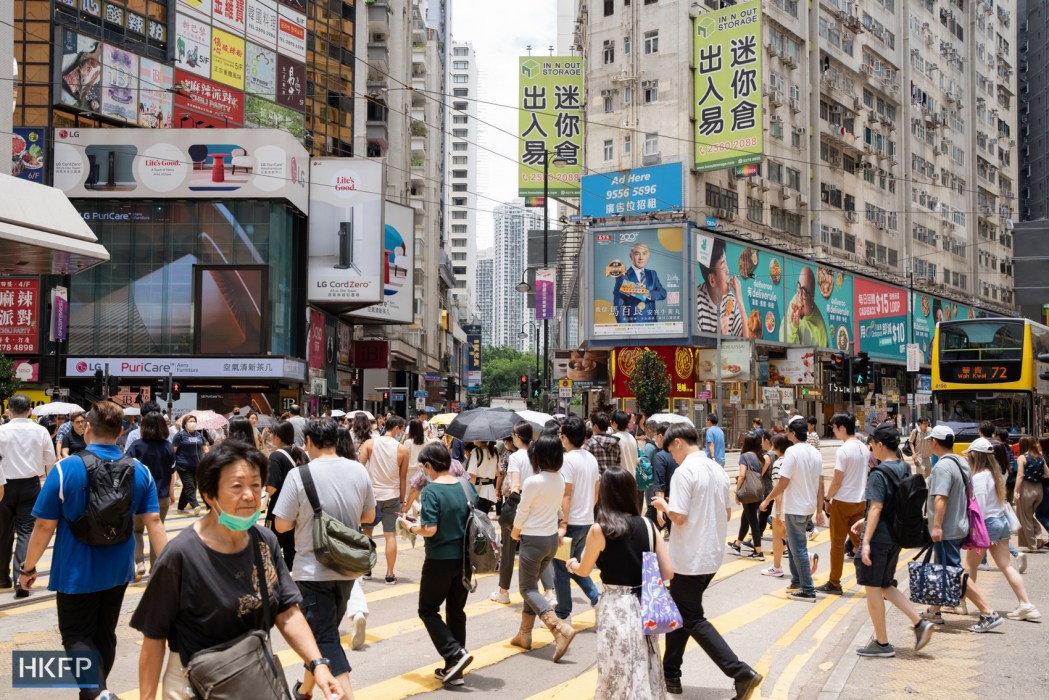
Most of those surveyed thought this was a worrying trend for Hong Kong, and only eight per cent of them had a “positive outlook on the SAR’s long-term development.” However the indefatigable reporter did manage to find an upbeat ending: according to the census people the net population of the city is still increasing by about two per cent a year, with 173,000 incoming migrants easily outnumbering emigrants. One can only hope that all these new arrivals liked what they found.
Really, this is a sad story. When Hong Kong was a precarious colony, a third-world enclave with high hopes, of course many people thought or dreamed of moving on to somewhere more prosperous.
As those high hopes were realised many people changed their view of the place, and came to see Hong Kong as a city with its own culture and values, in which one might hope to spend a rich and rewarding life, raise kids and participate in a lively community.
In just a few years the picture has changed again. This is now “Happy Hong Kong,” as the official propaganda puts it, where more than half of the population wishes to live somewhere else.
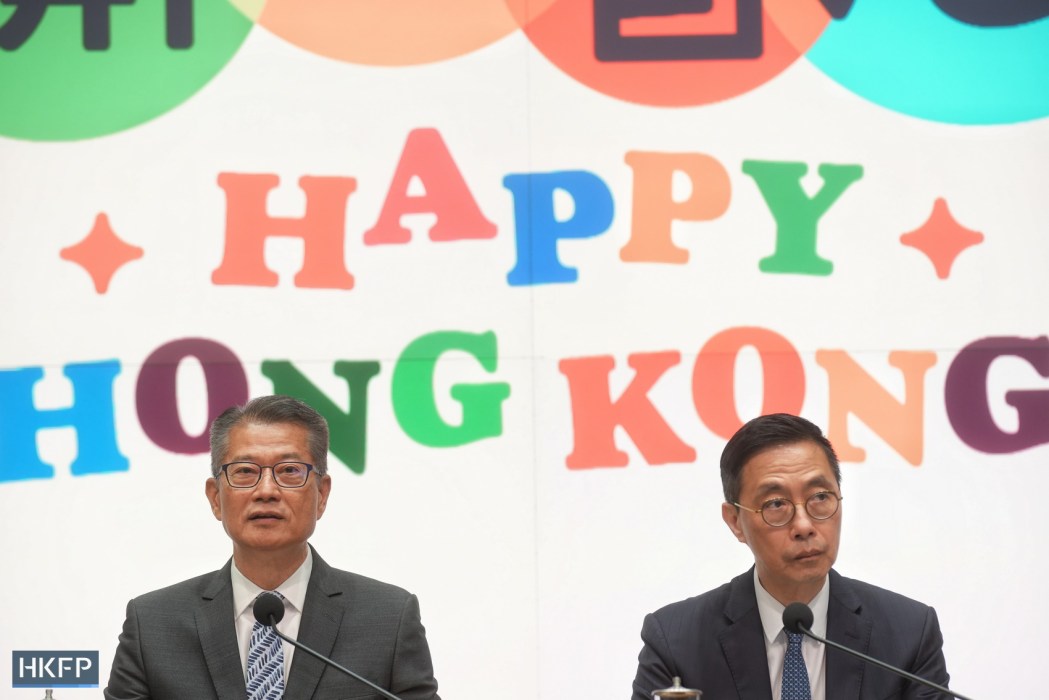
One can sympathise with our leaders, in a way, because it has become very difficult to establish what people think of them. This is, of course, mostly their fault, with news outlets shuttered, inconvenient individuals jailed or exiled, and political positions reserved for government supporters. The chorus of approval is deafening. Are people really happy? It has become very hard to tell.
Indeed, you have to wonder, as the Beijing sympathisers complete their takeover of CUHK’s governing council, how long the Institute of Asia-Pacific Studies will be allowed to go on conducting surveys which may produce embarrassing results.
Type of Story: Opinion
Advocates for ideas and draws conclusions based on the interpretation of facts and data.
Support HKFP | Policies & Ethics | Error/typo? | Contact Us | Newsletter | Transparency & Annual Report | Apps
| HKFP is an impartial platform & does not necessarily share the views of opinion writers or advertisers. HKFP presents a diversity of views & regularly invites figures across the political spectrum to write for us. Press freedom is guaranteed under the Basic Law, security law, Bill of Rights and Chinese constitution. Opinion pieces aim to point out errors or defects in the government, law or policies, or aim to suggest ideas or alterations via legal means without an intention of hatred, discontent or hostility against the authorities or other communities. |
Help safeguard press freedom & keep HKFP free for all readers by supporting our team

More HKFP OPINION:
HKFP has an impartial stance, transparent funding, and balanced coverage guided by an Ethics Code and Corrections Policy.
Support press freedom & help us surpass 1,000 monthly Patrons: 100% independent, governed by an ethics code & not-for-profit.






